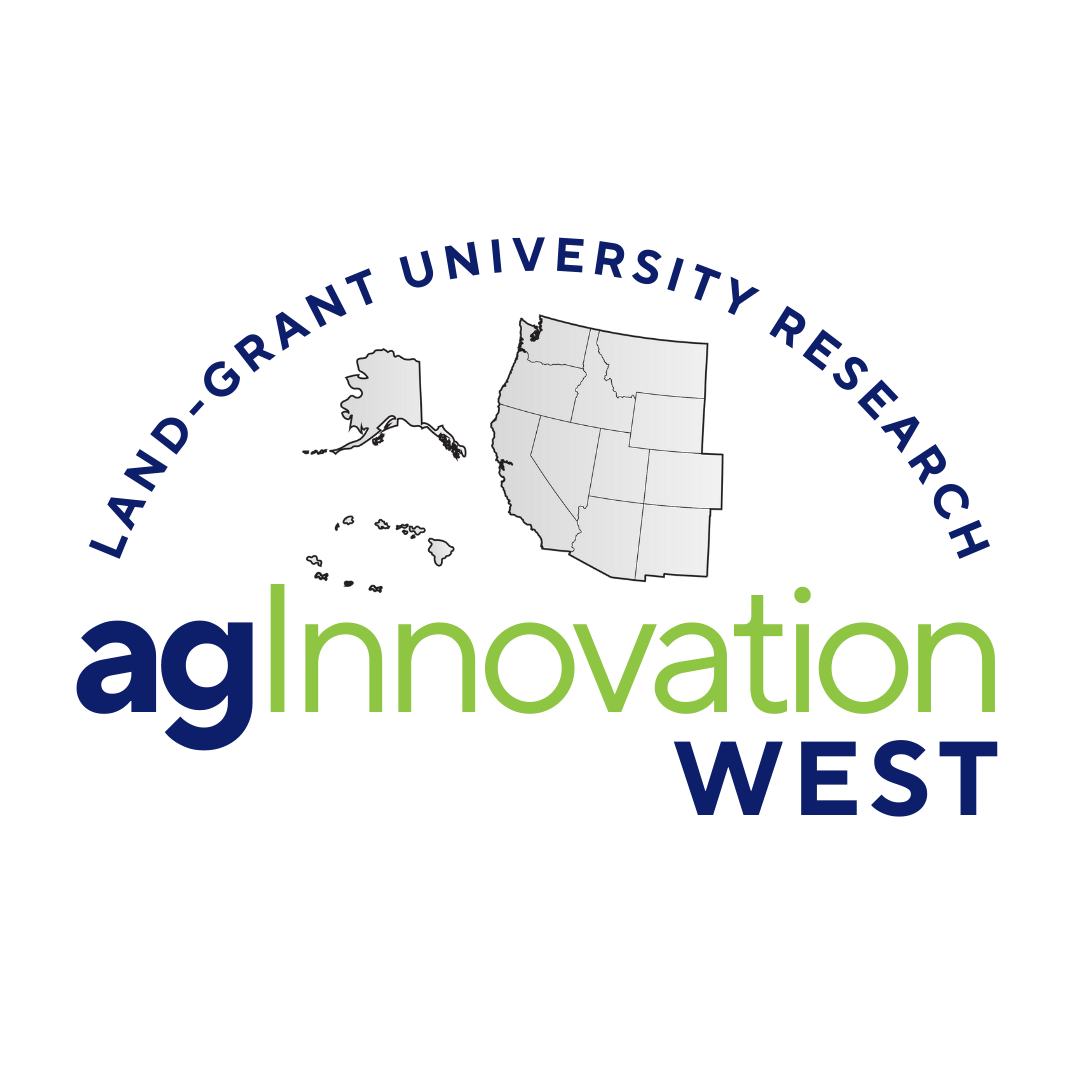
WERA1001: Reduction of Error in Rural and Agricultural Surveys
(Multistate Research Coordinating Committee and Information Exchange Group)
Status: Inactive/Terminating
WERA1001: Reduction of Error in Rural and Agricultural Surveys
Duration: 10/01/2002 to 09/30/2007
Administrative Advisor(s):
NIFA Reps:
Non-Technical Summary
Statement of Issues and Justification
Rural policy-makers and agricultural scientists throughout the Western Region depend on sample surveys to obtain information on community problems, farming practices, the impacts of policy decisions, and individual opinions. The precision and validity of sample survey estimates, based on small samples of populations to which results are generalized, depend upon controlling multiple sources of error. Among the threats to survey accuracy are errors arising from sampling design and size, coverage, nonresponse and measurement. Under auspices of a Western Regional Research Project, W-183, which is scheduled to end September 30, 2002, scientists have repeatedly conducted replicated experiments across states to find ways for improving both the quantity and quality of response to surveys. Operating as a Regional Research Committee since 1991, this committee has been successful in replicating and publishing results of experiments on the same topics conducted in several different states. Currently, four papers are being completed by members of the committee, each of which reports from 6-10 replicated experiments. These papers will be completed by September when W183 is scheduled to terminate. It has become apparent that whereas much has been gained through the replication and publication of experiments, there is also a need to consider more widely the potential effects of multiple sources of survey error in specific survey situations. Solutions need to be found for reducing nonresponse and measurement errors to specific surveys in the context of reducing Total Survey Error. Currently, survey methodology is undergoing an enormous change. We have moved from a primary dependence upon face-to-face interviewing prior to the 1970's to major dependence on telephone and mail methods in the 1980's and 1990's. Rapid development is now occurring in the development of Internet and telephone touchtone date entry methods, which may soon come to dominate. Much remains to be learned about how to make this transition to new survey modes while maintaining low survey error rates. The specific sample surveys conducted by individual scientists throughout the region differ significantly from those conducted by others. However, all such surveys need to take advantage of the wide-ranging knowledge of scientists who by nature of their disciplinal background and training often emphasize reduction of one type of error (e.g. coverage) over another (e.g. measurement). There is much that individual scientists can gain by sharing their knowledge and experiences with other scientists in pursuit on quality survey designs and results from their individual projects. Scientists with expertise in survey methodology often conduct research in pursuit of their own substantive research goals. However, their knowledge is also used, frequently, to assist scholars in other disciplines, from agronomy to biosystems engineering conduct surveys to gain insight into issues of interest to them. Further, scientists from land-grant universities often help clientele groups such as agricultural producer associations and state agencies design and conduct surveys aimed at meeting public policy objectives. The impact of this proposed committee reaches far beyond the scientists themselves.�
Objectives
-
Promote the interaction and collaboration of researchers using sample survey methods in their research, to arrive at a better understanding of means for reducing survey error in their study designs.
-
Create an awareness of the details of research experiments being conducted by individual scientists in ways that will encourage other scientists to utilize the results of these studies to conduct similar experiments.
-
Encourage and facilitate the joint writing and publication of research results by members of the Coordinating Committee.
-
�
Procedures and Activities
Expected Outcomes and Impacts
- Inform participates of literature and previous research on survey error reduction that members would otherwise not know about.
- Discuss and critique survey designs and instruments proposed for use by Committee members.
- When appropriate, coordinate proposed experimental designs, as a means of developing better overall tests of survey error reduction.
- Facilitate the joint write-up and publication of research results.
- Teach one another new approaches to reducing error in sample surveys.
- �
Projected Participation
View Appendix E: ParticipationEducational Plan
For many years W-183 has organized a paper session at the annual meetings of the Rural Sociological Society, and in 2002 developed a similar session for the annual meeting of the American Statistical Association. We expect to continue to develop such sessions where members may present their papers for discussion and critique. In addition, some members have begun posting their papers on websites, and we expect this practice to continue to a greater degree than in the past.
Organization/Governance
A chair and secretary will be elected annually. The chair will be responsible for developing an agenda for the annual meeting. The secretary will be responsible for taking minutes and mailing them to the Administrative Advisor and members.
Literature Cited
�